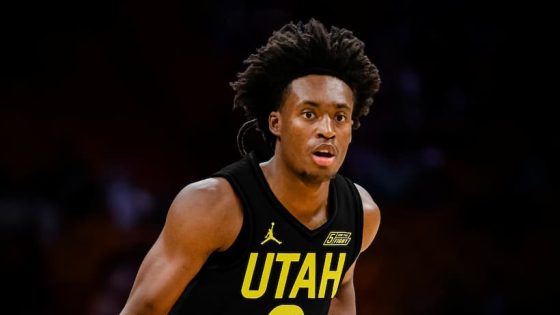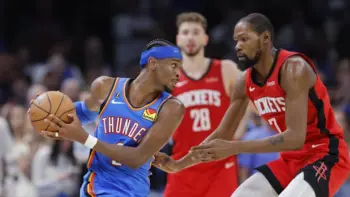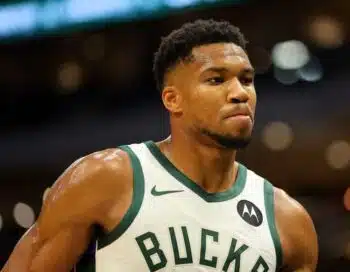NBA
Utah Jazz Questioned for Collin Sexton Trade

A Controversial Move
The Utah Jazz reshaped their roster this offseason with several trades, but none drew more criticism than sending Collin Sexton to the Charlotte Hornets. In return, Utah received Jusuf Nurkić and even attached a 2030 second-round pick. For many around the league, the decision raised eyebrows.
Why the Criticism?
Bleacher Report’s Greg Swartz ranked the deal among the five worst moves of the summer. He wrote: “Congratulations to the Utah Jazz for swinging one of the most baffling trades in recent memory. By flipping Collin Sexton for Jusuf Nurkić, they gave up the better player, on the cheaper contract, while also including a 2030 second-round pick, which will be the more favorable of the Clippers’ or their own.”
Swartz questioned why Utah gave up both Sexton and a future pick, suggesting that simply keeping Sexton as an expiring contract, or even buying him out, would have been more logical. He added, “Somehow, someway, this decision is aging even worse than expected after Bosnia’s coach called out Nurkić in advance of EuroBasket 2025 because he’s out of shape and can barely run.”
Utah’s Perspective
The Jazz entered the offseason focused on clearing minutes for young players like rookies Ace Bailey and Walter Clayton Jr. Moving Sexton, an established veteran guard, fit into that plan. Nurkić, also on an expiring contract, is unlikely to block opportunities in the same way Sexton could have.
Coach Will Hardy faced difficult lineup choices last season as Utah leaned into development. Having Nurkić, who is less central to the team’s future, may simplify rotations.
Balancing the Books
Utah also cushioned the impact of losing a second-round pick. Shortly after the Sexton trade, the Jazz acquired Georges Niang and two future seconds from the Boston Celtics, offsetting the draft capital surrendered in the Hornets deal.
Final Assessment
The Sexton-for-Nurkic trade will not cripple Utah, but the optics remain poor. Sexton was younger, cheaper, and arguably more valuable. While the Jazz achieved their goal of opening space for rookies, attaching a draft pick made the move difficult to justify. For now, it stands as one of the offseason’s most puzzling decisions.











